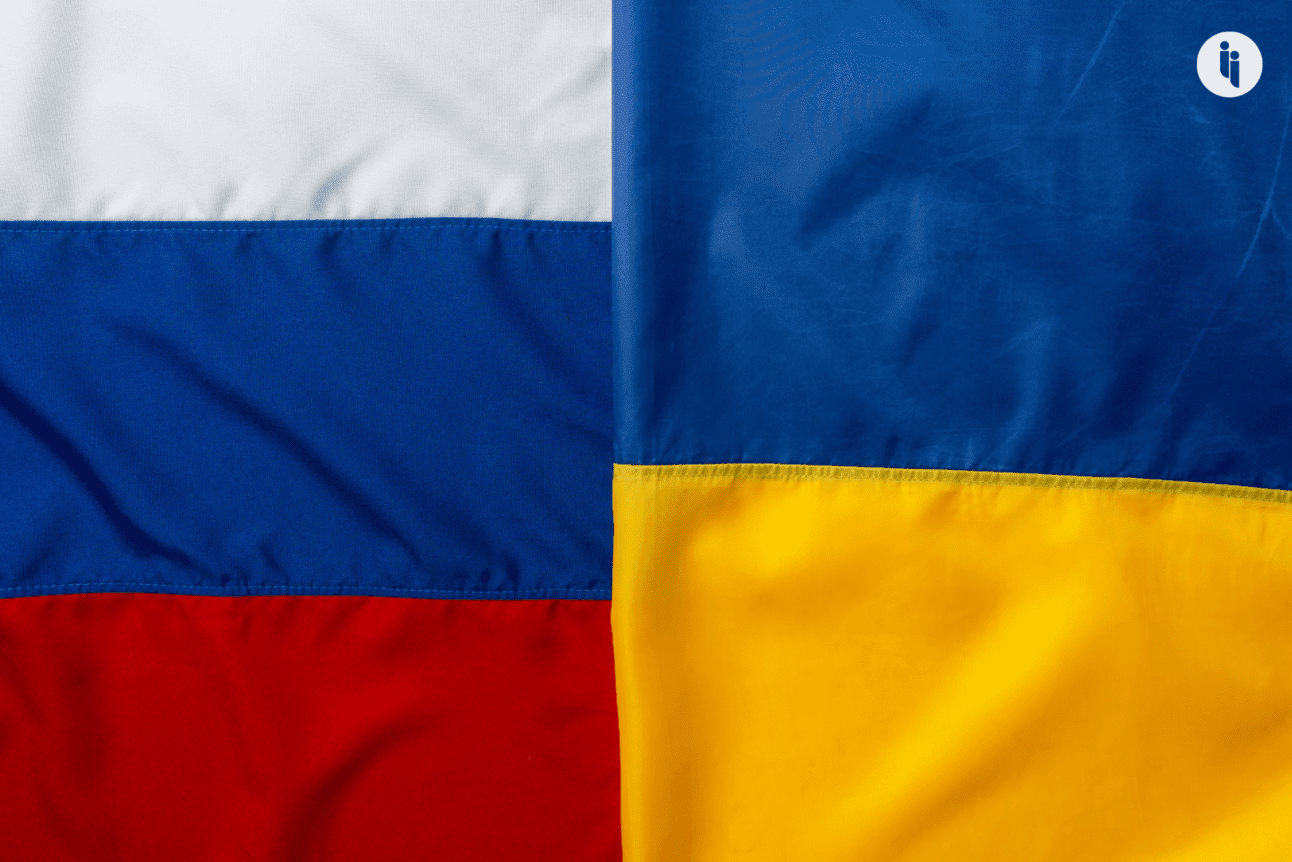Unusually for the tweed-clad world of international law, three International Court of Justice (ICJ) cases are now capturing global attention. The first was Friday’s interim ruling on Israel’s alleged breaches of the Genocide Convention (which we wrote about here).
Here’s what you need to know about the other two (both Ukraine v Russia).
But first, a quick fact: the ICJ can’t hear a dispute unless both countries agree. As odd as that sounds, it’s the reality of a world made up of sovereign states. The most common way countries ‘agree’ to be sued is by signing treaties.
Stay on top of your world from inside your inbox.
Subscribe for free today and receive way much more insights.
Trusted by 138,000+ subscribers
No spam. No noise. Unsubscribe any time.
So, Ukraine lodged the first case against Russia back in 2017 (ie, before Russia’s full-scale invasion), alleging Russia had breached two treaties.
On the first, Ukraine claimed Russia was failing to stop terrorist financing of pro-Russian separatists in Ukraine. It also sought compensation for the damage those groups had caused (including the downing of flight MH17 in 2014).
- The ICJ agreed yesterday that Russia has failed to investigate terrorism financing, but it otherwise rejected Ukraine’s terrorist financing claims.
- The court said the treaty bans sending funds to terrorists – not arms, nor using those arms to down MH17. So the court couldn’t look at Russia’s responsibility for MH17 (nor any duty to provide compensation).
On the second treaty, Ukraine claimed Russia’s treatment of ethnic groups in occupied Crimea breached the treaty against racial discrimination.
- The court agreed Russia had breached the treaty by limiting Ukrainian language education in Crimea, but it otherwise rejected Ukraine’s claims.
- It found Russia’s treatment of the locals was due to their political opposition, not race; so it was outside the treaty’s (and court’s) scope.
Separately, the ICJ will speak tomorrow on Ukraine’s second case, which it lodged via the Genocide Convention two days after Russia’s full invasion began in 2022.
Ukraine’s argument isn’t that Russia is committing genocide; rather it’s arguing that Russia made false genocide claims against Ukraine to justify its invasion.
And tomorrow’s ruling is just on whether the court can hear the case at all (a process which will then likely take years).
INTRIGUE’S TAKE
As you digest these recent ICJ rulings, it’s hard to miss the idiosyncrasies: the court’s rulings take years, are largely unenforceable, are often ignored, are limited to very specific topics, and are confined to very precise texts. To quote one bewildered Intriguer on all this… “how much are we paying these nerds?!“
It’s an understandable (if amusingly worded) sentiment, and one the judges themselves know well. Just take a look at paragraph 201 of yesterday’s ruling, where they emphasise that just because a court doesn’t have jurisdiction over alleged violations, this doesn’t mean those violations don’t exist.
Arguably, it’s these same limitations that underpin the court’s role: countries are more willing to submit to the ICJ’s authority when that authority is limited. And it builds over time, as the law develops and evolves incrementally.
Still, that’s all probably cold comfort for Ukraine right now.
Also worth noting:
- Shortly after Ukraine lodged its genocide case, the ICJ issued an interim order for Russia to halt its invasion (an order Russia has flouted).
- A Dutch domestic court has convicted (in absentia) two Russians and a pro-Moscow Ukrainian for their role in the downing of MH17, which killed 298 people in 2014. The Netherlands and Ukraine have also sued Russia at the European Court of Human Rights over MH17.
- The International Criminal Court (ICC) has an open investigation into the Russo-Ukraine war, though neither Russia nor Ukraine recognise its authority. The ICC issued a warrant for Putin’s arrest last year.






